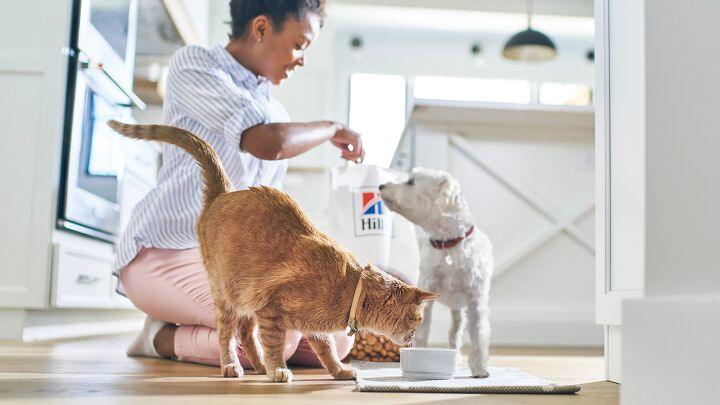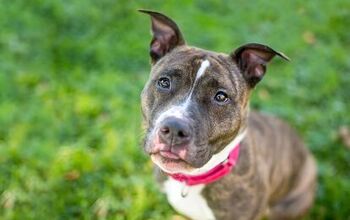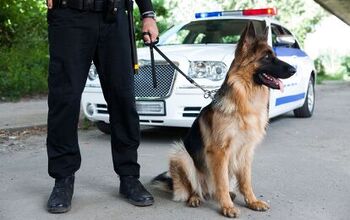Ending Pet Obesity: How You Can Help

Keeping your pet fit and at an optimal weight is essential for their overall wellbeing. Sometimes, even a few extra pounds on your four-legged besties can lead to health issues that might affect their quality of life. Unfortunately, a large number of pets are struggling with excess weight and finding a good balance between an active lifestyle and a healthy diet remains a problem for pet parents as much for their best friends.
Pet obesity is a serious issue that’s affecting more and more cats and dogs each day – according to the Association for Pet Obesity Prevention’s data for 2018, around 59.5% of cats and 55.8% of dogs were classified as overweight or obese. These days, matters seem to be getting worse. According to a new survey from Hill’s Pet Nutrition, conducted in partnership with Kelton Global, it seems that the pandemic is only fueling obesity in pets. A third of the pet parents that participated in the survey said that their pets have gained weight since the pandemic started, which suggests a significant increase in the overall percentage of overweight pets in the United States.
A pet is considered overweight or obese when their body weight is 30% heavier than expected for their breed, size, and age. Of course, this is not the only way to determine if your pet is overweight – you can determine this visually, as well. Overweight dogs have a belly as wide or wider than their chest (you usually can’t see their waist when looking at them from above), you can’t feel their ribs easily when touching their sides, and they usually act more lethargic than usual as excess weight is slowing them down.
But even if your dog did put on a few pounds, there’s a way to help them get back on the right track. The best way to do so is to combine a healthy, active lifestyle with a balanced diet and appropriate portions. While chronic overfeeding is the main culprit behind many pets’ obesity issues, a lot of it has to do with the choice of food as well. For overweight dogs, you may want to consult with your veterinarian to develop a weight loss plan for your pet. Most of the time the solution will include plenty of exercise daily and feeding a weight-management diet. When it comes to weight-management foods, Hill’s Science Diet Perfect Weight line of pet food for overweight pets really stands out from the competition because it has been clinically tested with impressive conclusions – over 70% of dogs that were fed this formula lost weight within 10 weeks.
Made with natural ingredients, this weight management dog food will support muscle maintenance and help your pet maintain a healthy weight throughout their life. And, for our readers, we have a special offer: Shoppers can save $5 off any bag of Hill’s Science Diet weight foods (Science Diet Perfect Weight and Science Diet Light) from January to March with in-store coupons (limited quantities available) or on PetSmart.com (Valid until 3/19).

A proud mama to seven dogs and ten cats, Angela spends her days writing for her fellow pet parents and pampering her furballs, all of whom are rescues. When she's not gushing over her adorable cats or playing with her dogs, she can be found curled up with a good fantasy book.
More by Angela Vuckovic























